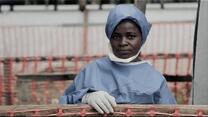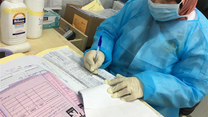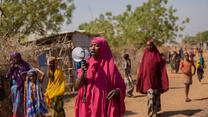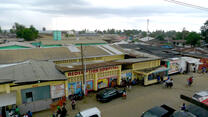Protracted economic, political and security crises have rendered many countries ill-equipped to respond to COVID-19. Within these fragile contexts, refugees and people displaced by conflict and crisis will be disproportionately impacted by the pandemic. An effective response to COVID-19 requires both global and local solutions. IRC’s advocacy aims to secure funding and operational flexibilities, promote best practices, and address specific threats to the needs of the communities we serve.
The IRC's analysis and approach to COVID-19 draws on decades of experience as a humanitarian and health responder in the world’s most complex crises, including as one of the largest responders to the Ebola outbreaks in West Africa and the Democratic Republic of Congo and cholera in Yemen—the largest outbreaks of the diseases in modern history. The IRC’s experience finds conflict-affected and fragile countries face a double emergency:
- The direct impact of COVID-19 and its lethal and destructive direct impact on unprepared health care systems and populations with pre-existing vulnerabilities;
- The secondary havoc the disease will cause to these states’ already fragile humanitarian, economic, security and political environments.
Read our reports to learn more about how we're responding to needs in the era of COVID-19.



